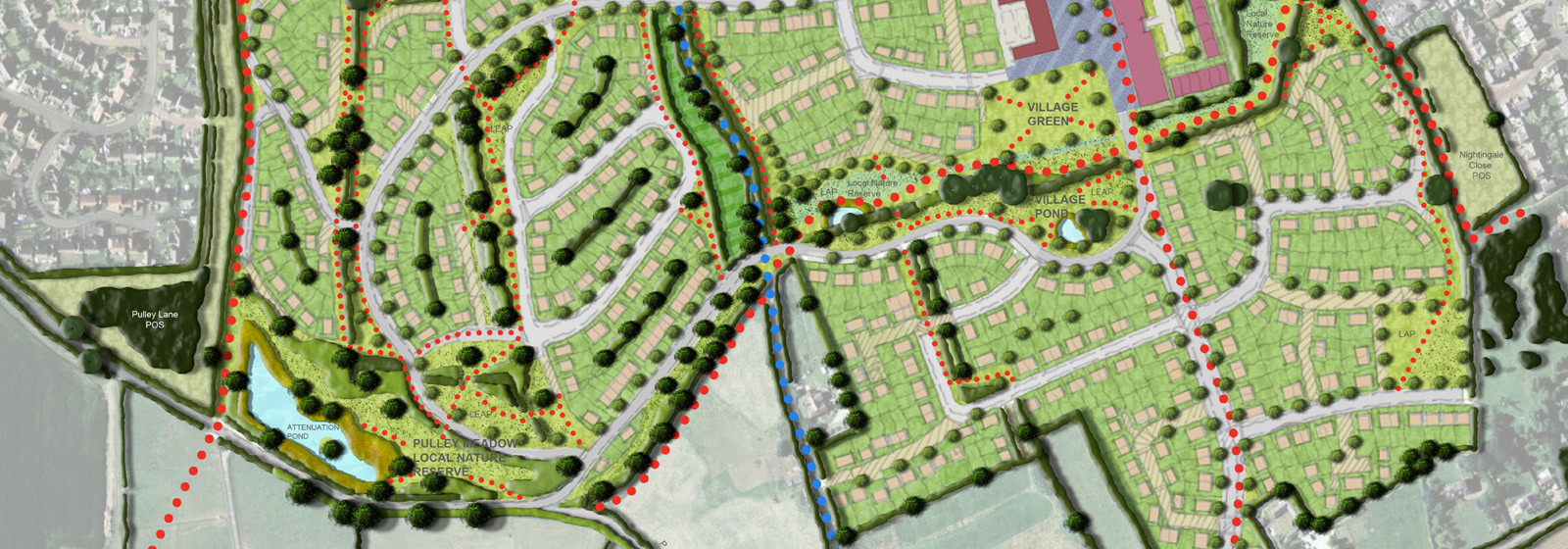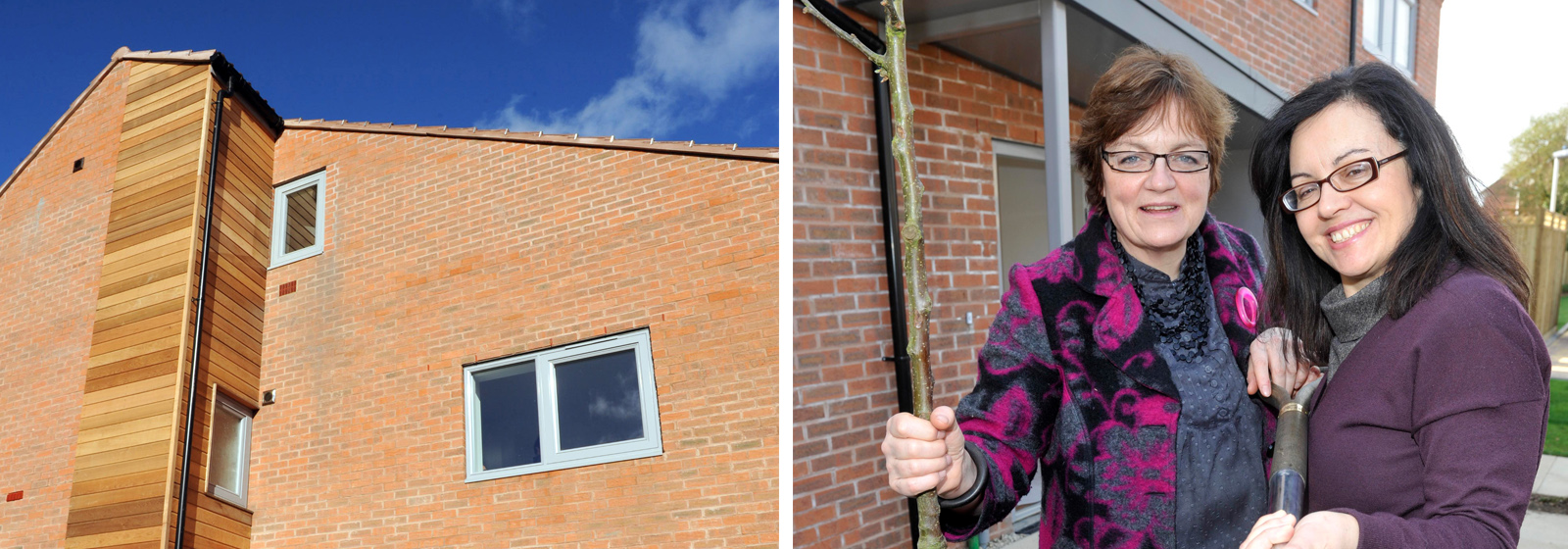
Yew Tree Village
Barberry Droitwich Ltd employed ONE Creative environments (ONE) to act as landscape consultants over a period of 5 years, to...
Find out moreHQ: +44 (0) 1905 362 300 | London: +44 (0) 208 0596 526 | Birmingham : +44 (0) 121 312 3876 | Cardiff : +44 (0) 2920027983 |
HQ: +44 (0) 1905 362 300 | London: +44 (0) 208 0596 526 | Birmingham : +44 (0) 121 312 3876 | Cardiff : +44 (0) 2920027983 |
Commissioned by social landlord Paradigm Housing, with grant funding from the Homes & Communities Agency (HCA) and Slough Borough Council, the Slough Garages housing programme managed by Mansell Construction, delivered 20 new homes on eight sites previously occupied by garage blocks that were in a poor condition.
Slough
Paradigm Housing
£2.4M
Building Services,
The Slough Garages housing programme was developed to respond to urgent housing need in Slough. The new homes commissioned by Paradigm Housing, with grant funding from the HCA and Slough Borough Council, range from three, four and five bedroom detached and semi-detached houses, to terraced houses and bungalows, with gardens.
As the project’s M&E consultants ONE designed all building services for this range of properties, achieving the Code for Sustainable Homes Level 3, without the need for renewable technology.
The Slough Garages housing programme has been credited as a great example of sustainable design, reducing local demand for social housing through the innovative conversion of problematic residential garages into new homes.
